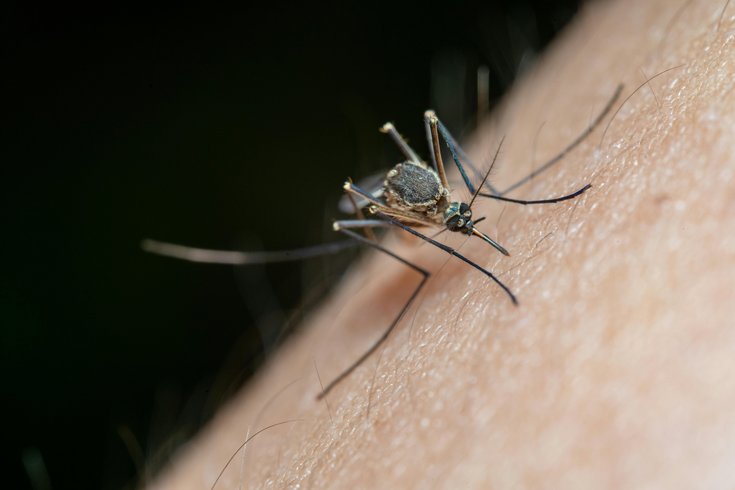
June 26, 2024
 Jimmy Chan/Pexels
Jimmy Chan/Pexels
Dengue fever, which is transmitted by mosquitos, does not cause symptoms in most people. But some may experience high fevers, severe headaches, pain behind the eyes, vomiting, swollen glands and joint and muscle pain.
Federal health officials are warning that dengue fever infections are at record levels, posing greater risks to travelers and people in the United States.
An alert issued Tuesday by the Centers for Disease Control and Prevention warns that dengue fever rates have been spiking globally. The 9.7 million cases reported in the Americas this year already have doubled the total from all of 2023. In the U.S., Puerto Rico has declared a public health emergency, with nearly 1,500 cases, and the 745 dengue cases identified in U.S. travelers this year is higher than expected.
Dengue fever is a mosquito-borne illness that most commonly appears in tropical and subtropical climates.
The World Health Organization cites several factors for the spread of dengue. Climate change has increased temperatures, rainfall and humidity levels. The COVID-19 pandemic has left health systems fragile. And unstable governments and economies are facing humanitarian crises and populations movements.
Dengue can be dangerous, but most people who become infected are asymptomatic and get better quickly. The illness can cause mild, flu-like symptoms, but some people experience high fevers, severe headaches, pain behind the eyes, vomiting, swollen glands and joint and muscle pain, which can be debilitating. Dengue has been nicknamed "breakbone fever" because of the extreme stiffness and pain it can cause in the joints. No treatment exists other than relieving pain. Acetaminophen is usually used, because anti-inflammatory medications such as aspirin and ibuprofen may cause bleeding.
About 5% of people get severe dengue symptoms after their fevers have receded. These symptoms can include severe abdominal pain, persistent vomiting, blood in vomit or stool, and being very thirsty, pale or cold. People may go into shock, causing organ failure, and need immediate medical attention or hospitalization, the Mayo Clinic advises.
The CDC recommends a dengue vaccine for children 9 to 16 who previously have been diagnosed with dengue and live in areas where the disease is commonly found, such as Puerto Rico. There are no vaccines recommended for adults, travelers or people without a previous, known dengue infection.
To protect against dengue, the CDC recommends:
• Preventing mosquito bites by using repellents when traveling to areas with frequent or continuous dengue transmission. Repellents also should be used after returning home.
• Wearing loose-fitting, long-sleeved pants and shirts.
• Using air conditioning and window screens when possible, to lower risk for mosquito bites indoors.
• Dumping and draining containers that hold water to reduce mosquito egg-laying sites.
• Seeking medical care if you have a fever or dengue symptoms and live in, or have traveled to, an area with dengue outbreaks.